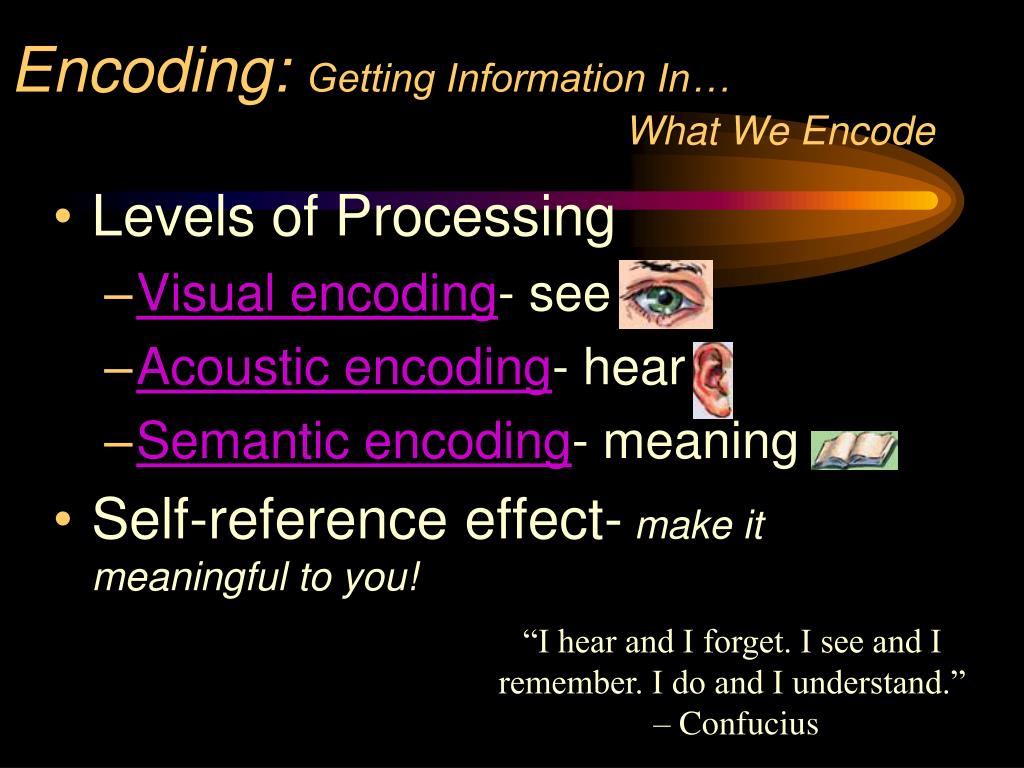

What is known is that, like semantic memory, remote memory eventually becomes independent of the hippocampus and appears to be “stored” more broadly in the neocortex.

The underlying anatomy of remote memory is poorly understood, in part because testing this type of memory must be personalized to a patient’s autobiographical past.

The hippocampus and surrounding structures in the temporal lobe are important in episodic memory and are part of an important network called the default mode network, which includes several brain areas including frontal and parietal regions and has been implicated in episodic memory functioning. The recollection of experiences is contingent on three steps of memory processing: encoding, consolidation/storage and retrieval. Episodic: Episodic memories are what most people think of as memory and include information about recent or past events and experiences, such as where you parked your car this morning or the dinner you had with a friend last month.


 0 kommentar(er)
0 kommentar(er)
